- State Board
-
12th Standard
-

Biology
-

Computer Applications
-

Computer Science
-
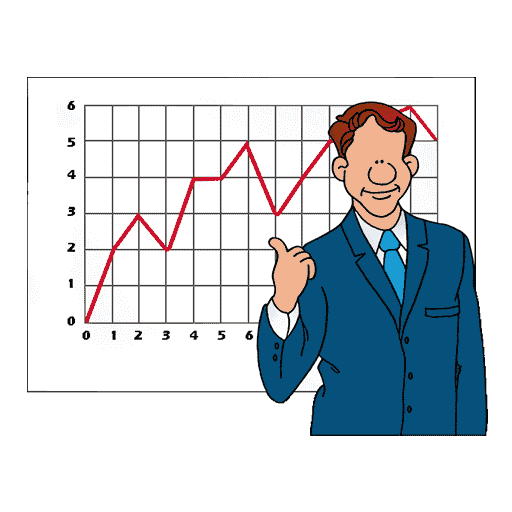
Business Maths and Statistics
-

Commerce
-

Economics
-

Maths
-

Chemistry
-

Physics
-

Computer Technology
-

History
-

Accountancy
-

Tamil
-

Maths
-

Chemistry
-

Physics
-

Biology
-

Computer Science
-

Business Maths and Statistics
-

Economics
-

Commerce
-

Accountancy
-

History
-

Computer Applications
-

Computer Technology
-

English
12th Standard stateboard question papers & Study material
தமிழ் Subjects
English Subjects
-
-
11th Standard
-

Maths
-

Biology
-
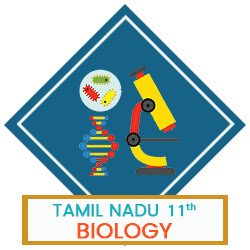
உயிரியல் - தாவரவியல்
-

Economics
-

Physics
-

Chemistry
-

History
-

Business Maths and Statistics
-
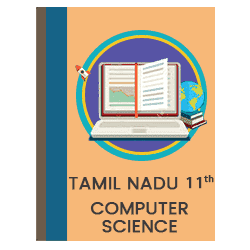
Computer Science
-

Accountancy
-

Commerce
-

Computer Applications
-

Computer Technology
-

Tamil
-

Maths
-

Commerce
-

Economics
-

Biology
-

Business Maths and Statistics
-

Accountancy
-

Computer Science
-

Physics
-

Chemistry
-

Computer Applications
-

History
-

Computer Technology
-

Tamil
-

English
11th Standard stateboard question papers & Study material
தமிழ் Subjects
English Subjects
-
-
9th Standard
-

-

-

-

-

-

-

Maths
-

Science
-

Social Science
-

Maths
-

Science
-

Social Science
9th Standard stateboard question papers & Study material
தமிழ் Subjects
English Subjects
-
-
6th Standard
-

Maths
-

Science
-

Social Science
-

Maths
-

Science
-

Social Science
6th Standard stateboard question papers & Study material
தமிழ் Subjects
English Subjects
-
-
10th Standard
-

Maths
-

Science
-

Social Science
-

Tamil
-

Maths
-

Science
-

Social Science
-

English
-

English
10th Standard stateboard question papers & Study material
தமிழ் Subjects
English Subjects
-
-
7th Standard
-

Maths
-

Science
-

Maths
-

Science
-

Social Science
7th Standard stateboard question papers & Study material
தமிழ் Subjects
English Subjects
-
-
8th Standard
-

கணிதம் - old
-

Science
-

Social Science
-

கணிதம்
-

Maths
-

Science
-

Social Science
8th Standard stateboard question papers & Study material
தமிழ் Subjects
English Subjects
-
-
12th Standard
- CBSE Board
-
12th Standard CBSE
-

Biology
-

Physics
-

Chemistry
-

Maths
-

Accountancy
-
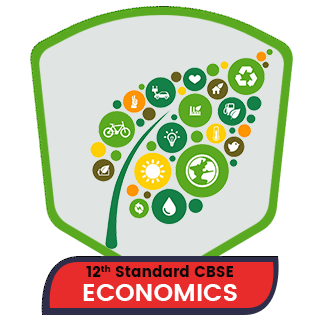
Introductory Micro and Macroeconomics
-

Business Studies
-

Economics
-

Computer Science
-

Geography
-

English
-

History
-
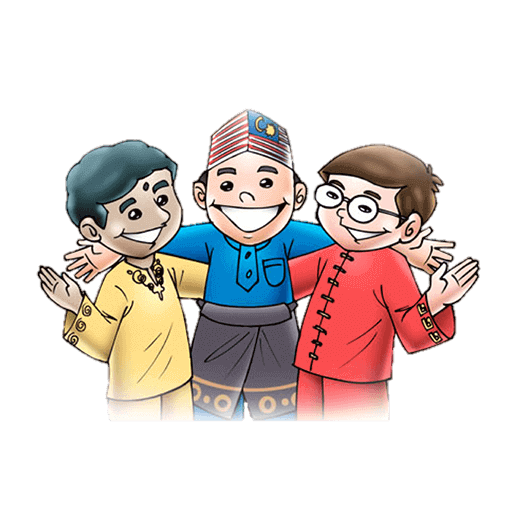
Indian Society
-

Physical Education
-

Sociology
-

Tamil
-

Bio Technology
-

Engineering Graphics
-

Entrepreneurship
-

Hindi Core
-

Hindi Elective
-

Home Science
-
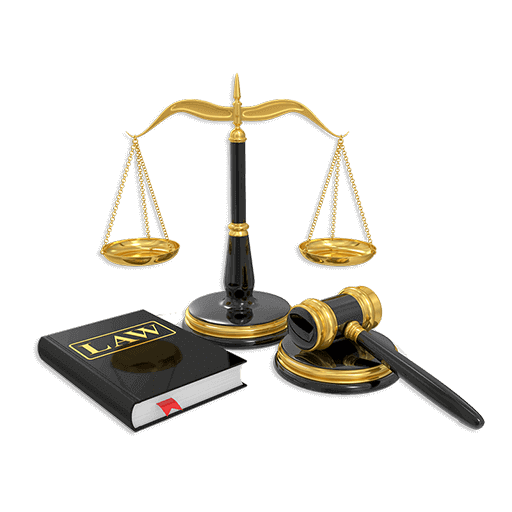
Legal Studies
-

Political Science
-
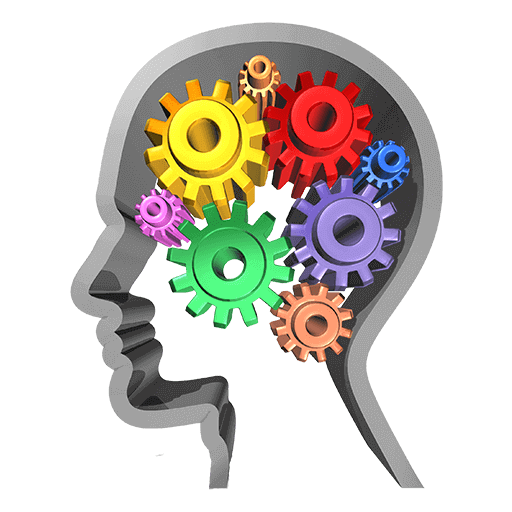
Psychology
12th Standard CBSE Subject Question Paper & Study Material
-
-
11th Standard CBSE
-

Mathematics
-

Chemistry
-

Biology
-

Physics
-

Business Studies
-

Accountancy
-

Economics
-

Computer Science
-

Bio Technology
-

English
-

Enterprenership
-

Geography
-

Hindi
-

History
-

Home Science
-

Physical Education
-

Political Science
-

Psychology
-

Sociology
-

Applied Mathematics
11th Standard CBSE Subject Question Paper & Study Material
-
- 10th Standard CBSE
-
9th Standard CBSE
-

Mathematics
-
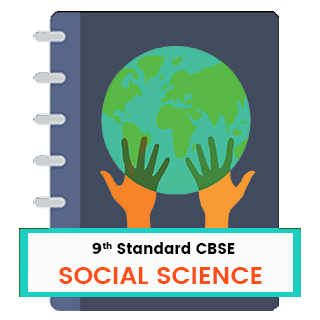
Social Science
-

Science
-

English
-

Hindi
9th Standard CBSE Subject Question Paper & Study Material
-
-
8th Standard CBSE
-

Science
-

Social Science
-

Mathematics
-

English
8th Standard CBSE Subject Question Paper & Study Material
-
-
7th Standard CBSE
-

Mathematics
-

Science
-

Social Science
-

English
7th Standard CBSE Subject Question Paper & Study Material
-
-
6th Standard CBSE
-

Mathematics
-

Science
-

Social Science
-

English
6th Standard CBSE Subject Question Paper & Study Material
-
-
12th Standard CBSE
- Free Online Test
- News
- Study Materials
-
Students
-
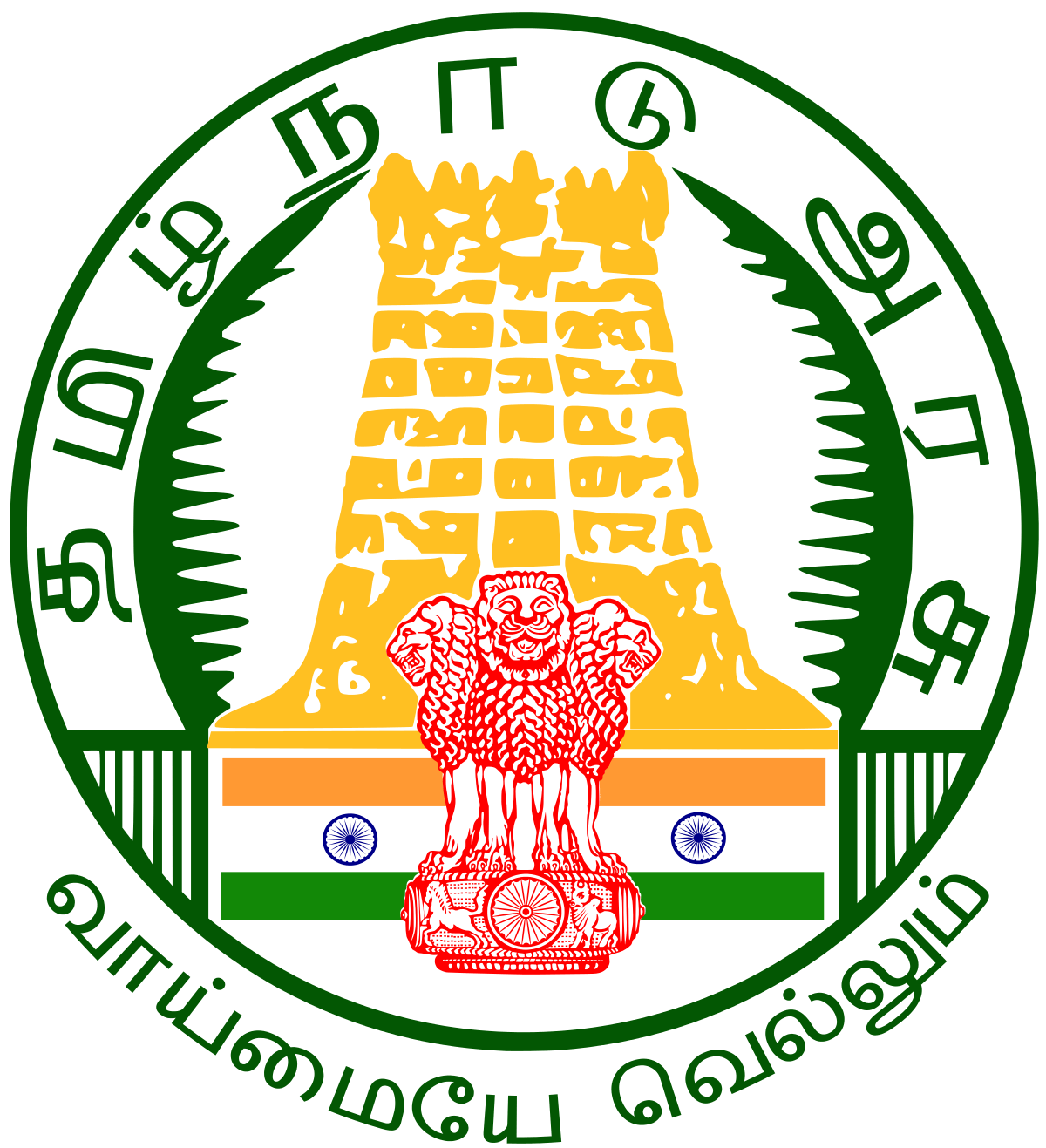
Stateboard Tamil Nadu
-

CBSE Board
-

Free Online Tests
-

Educational News
-

Scholarships
-

Entrance Exams India
-

Video Materials
Study Materials , News and Scholarships
-
-
Students

12th Standard English Medium History Reduced Syllabus Creative one Mark Question with Answerkey - 2021(Public Exam ) Question Bank Software Mar-01 , 2021
12th Standard English Medium History Reduced Syllabus Creative one Mark Question with Answerkey - 2021(Public Exam )
12th Standard English Medium History Reduced Syllabus Creative one Mark Question with Answerkey - 2021(Public Exam )
12th Standard
-
Reg.No. :
History
Time :
02:30:00 Hrs
Total Marks :
50
-
Grand Old Man of Indian Nationalism
(a)Bala Gangadhar Tilak
(b)Dadabhai Naoroji
(c)Subhash Chandra Bose
(d)Bharathi
-
The growth of heavy machine industries in Britain allowed East India Company to ____________ raw materials from India to Britain.
(a)Export
(b)Import
(c)trade
(d)sale
-
Modern intelligentsia formed political organisation like
(a)Madras Native Association
(b)East India Association
(c)The Servants of India Society
(d)None of these
-
Highly educated or the intellectual elite of a society.
(a)factionalism
(b)intelligentsia
(c)annulment
(d)Swadeshi
-
Made in one's own country
(a)factionalism
(b)intelligentsia
(c)annulment
(d)Swadeshi
-
Which one of the following is correctly matched?
(a)Ashe Murder - June 1911
(b)March 12, 1988 - on charges of sedition
(c)Subramania Bharati - The Hindu
(d)V.O.C Ship - Kesari
-
Which of the following statements are correct.
Statement I: The growth of newspapers, both in English and Tamil language, aided the swadeshi movement in Tamil Nadu.
Statement II: G. Subramaniam was one of the first among the leaders to use newspapers to spread the nationalist message across a larger audience.
Statement III: In 1916 a book was published by Subramaniam to condemn the British actions during the Congress Conference in Barsal.(a)I & II
(b)I & III
(c)None of the above
(d)All ofthe above
-
A secret plan by a group of people to do something illegal
(a)draconic
(b)contingent
(c)conspiracy
(d)moderate
-
Assertion(a): Lala Hardayal, who settled in San Francisco, founded Pacific Coast Hindustan Association in 1913, with Sohan Singh Bhakna as its president.
Reason(R): This organization was popularly called Ghadar Party. ('Ghadar' means rebellion in Urdu.)(a)Both A and R are true and R is the correct explanation of A.
(b)Both A and R are true but R is not the correct explanation of A.
(c)A is true but R is false
(d)A is false but R is true.
-
Mohandas Karamchand Gandhi was born in
(a)sabannathi
(b)Porbandar
(c)South Africa
(d)west Bengal
-
The first attempt at mobilizing the Indian masses was made by Gandhi on an invitation by peasants of
(a)sabarmathi
(b)Porbandar
(c)South Africa
(d)Champaran
-
A member of the-majority faction of the Russian Communist Party
(a)Bolshevik
(b)Communism
(c)radicalism
(d)armoury
-
Social or political movements that aim at fundamental change in the structure of society.
(a)Bolshevik
(b)Communism
(c)radicalism
(d)armoury
-
The policy or technique of refraining from the use of violence.
(a)Non-violence
(b)untouchablity
(c)civil liberties
(d)fundamental Rights
-
The condition of being an untouchable; tainted by one's birth into a caste system that deems him or her impure
(a)non-violence
(b)untouchablity
(c)Civil liberties
(d)fundamental Rights
-
The policy or doctrine of asserting the interests of one's own nation
(a)Communalism
(b)nationalism
(c)revivalism
(d)imperialism
-
A desire to revive a former customs or practice
(a)communalism
(b)nationalism
(c)revivalism
(d)imperialism
-
Islamic code of law based on Koran and the teachings of the Prophet
(a)jizya
(b)shariat
(c)communal award
(d)R.S.S.
-
A religious organization
(a)jizya
(b)shariat
(c)communal award
(d)R.S.S.
-
Which of the following, statements are cotrect.
Statement I: The British Government was consistent in promoting communalism.
Statement II: Even the delegates for the second Round Table Conference were chosen on the basis of their communal bearings.
Statement III: After the failure of the Round Table Conferences, the British Prime Minister Ramsay MacDonald announced the Communal Award which further vitiated the political climate.(a)I & II
(b)I & III
(c)None of the above
(d)All of the above
-
After Bose escape to Germany and Singapore formed_____________
(a)Indian National Army
(b)Indian National Congress
(c)Indian National Front
(d)Indian National Force
-
Assertion (A): INC passed a resolution offering cooperation with the war effort to Britain.
Reason (R): Britain promised independence to India after the war and transfer power to Indians(a)Both A and R are true and R is the correct explanation of A.
(b)Both A and R are true and R is not the correct explanation of A.
(c)A is true but R is false
(d)A is false but R is true.
-
The Mountbatten plan for independence along with partition of India was accepted at the AICC meeting at Meerut on.____________
(a)February 20, 1947
(b)June 30, 1948
(c)March 22, 1947
(d)June 14, 1947
-
The Congress ensured the election of ____________from a seat in Bombay
(a)Maharaja Hari Singh
(b)Vallabhbhai Patel
(c)Rajendra Prasad
(d)Dr B.R. Ambedkar
-
The partition of India on Hindu-Muslim lines was put forth at_________________
(a)Lahore session (March 1940)
(b)Mysore session (March 1940)
(c)Banglore session (March 1940)
(d)Simla session (March 1940)
-
Which is the correct sequence of the following events?
(a)The linguistic reorganization of states was raised and argued out in Constituent Assembly between 1947 and 1949.
(b)Pattabhi Sitaramayya raised the demand for an Punjab Province
(c)The ruler of Junagadh wanted to join India
(d)All the above
-
The first IIT was located in
(a)Kharagpur
(b)Delhi
(c)Bombay
(d)Kanpur
-
There were only __________ public-sector enterprises in India in 1951.
(a)3
(b)5
(c)7
(d)9
-
In 1980 a consolidated rural development programme called __________ Programme was introduced.
(a)Integrated Rural Development
(b)Integrated Radio Development
(c)India Rural Development
(d)Integrated Rural Department
-
Abolition of __________ was part of the manifesto of the Indian National Congress party even before independence.
(a)ryot
(b)president
(c)Zamindari
(d)mansadari
-
The economy was liberalised during the Eighth Five Year Plan ___________.
(a)1951-56
(b)1992-97
(c)1969-74
(d)1975-79
-
Match the following
a) 33.3% - Marginal farmers and agricultural labourers
b) 50% - the assets
c) 25% - non-farm activites
d) 15% - minor irrigation works(a)1,2,3,4
(b)3,1,4,2
(c)4,3,2,1
(d)4,2,3,1
-
(i) Various initiatives are being taken by the government to such as Sarva Shiksha Abhiyan (SSA)
(ii) Rashtriya Madhyamik Shiksha Abhiyan (RMSA) and
(iii) the recenly integrated scheme of Samagra Shiksha Abhiyan to redress the issue of dropouts(a)ii,i,iii
(b)i,ii,iii
(c)iii,ii,i
(d)ii,iii,i
-
The pilgrims from Britain sailed in a ship called__________
(a)bigflower
(b)lillyflower
(c)Mayflower
(d)Augustflower
-
The political and social system of France prior to the French Revolution was called_________.
(a)french regime
(b)British regime
(c)political regime
(d)ancien regime
-
The clergy and the nobility enjoyed special privileges and they were exempted from various taxes imposed by the_____________.
(a)Monarchy
(b)tyranchy
(c)anarchy
(d)oligarchy
-
____________in his Social Contract argued that the relationship between the rulers and ruled should be bound by a contract.
(a)Rousseau
(b)Dr Joseph-Ignace Guillotin
(c)Saint-Domingue
(d)Boston
-
Statement I: Haiti, earlier known as Saint-Domingue was the richest French colon in the Caribbean Sea.
Statement II: Its plantations produced more sugar than all of Europe's other Caribbean and American colonies put together.
Statement III: The island's indigenous population, forced to mine for gold, was devastated by European diseases and brutal working conditions and by the end of the sixteenth century it had virtually vanished.(a)I and II
(b)II and III
(c)I and III
(d)All are Correct
-
Socialist ideas in the modem sense came to be articulated by the __________
(a)Physiocrats
(b)government job
(c)socialist
(d)materialist
-
__________the arbiter of Europe and enemy of nationality, was forced to leave Vienna in disguise.
(a)Metternich
(b)Bismarck
(c)William I
(d)Garibald
-
Assertion (A): In Europe the countries that first achieved national unity were France, Spain and England.
Reason(R): Cities in Asia like Rome, Florence, Venice, Naples and Milan were the capitals of small states.(a)Both A and R are correct. R explains A
(b)Both A and R are correct. R does not explain A
(c)A is correct but R is wrong
(d)A is wrong but R is correct
-
_____________adopted a 'blood and iron' policy to achieve the unification.
(a)Ottovon Bismarck
(b)King William I
(c)Bismarck
(d)Ganbald
-
Garibaldi submitted his conquest to King Victor Emmanuel II and retreated to lead the rest of his life in his home at the island of _________.
(a)Andaman
(b)Caprera
(c)Maldavies
(d)Hawaai
-
The __________ was a period of accumulation of capital that facilitated the industrial revolution in Europe.
(a)Mercantilist period
(b)European period
(c)industrial period
(d)revolution period
-
The objective of France was to recover Alsace and Lorraine that it had lost after the___________
(a)Battle of Cambrai
(b)Naval battles
(c)Franco-Prussian War
(d)Hall of Mirrors
-
The Battle of Guadalcanal in the ______________ was a combined offensive of the army and the navy.
(a)Japan
(b)Russia
(c)Solomon Islands
(d)north Africa
-
The German approach was emulated in East Asia by_______________.
(a)Soviet Russia
(b)Japan
(c)America
(d)Africa
-
____________began to playa prominent role in the pacific.
(a)President Roosevelt
(b)MacArthur
(c)Churchill
(d)Stalin
-
The Moscow declaration of 1943 recognised the need for an international organisation to replace the____________.
(a)SEATO
(b)NATO
(c)League of Nations
(d)UNO
-
In North Korea, USSR set up the People's Democratic Republic, a Communist government, headed by_____________.
(a)Kim II Sung
(b)Gim Il jung
(c)Kim II sung
(d)Kim III Sung
Part-A
Multiple Choice Questions(Creative)
50 x 1 = 50
*****************************************
Answers
-
(b)
Dadabhai Naoroji
-
(a)
Export
-
(a)
Madras Native Association
-
(b)
intelligentsia
-
(d)
Swadeshi
-
(a)
Ashe Murder - June 1911
-
(a)
I & II
-
(c)
conspiracy
-
(a)
Both A and R are true and R is the correct explanation of A.
-
(b)
Porbandar
-
(d)
Champaran
-
(a)
Bolshevik
-
(c)
radicalism
-
(a)
Non-violence
-
(b)
untouchablity
-
(b)
nationalism
-
(c)
revivalism
-
(b)
shariat
-
(d)
R.S.S.
-
(d)
All of the above
-
(a)
Indian National Army
-
(a)
Both A and R are true and R is the correct explanation of A.
-
(d)
June 14, 1947
-
(d)
Dr B.R. Ambedkar
-
(a)
Lahore session (March 1940)
-
(a)
The linguistic reorganization of states was raised and argued out in Constituent Assembly between 1947 and 1949.
-
(a)
Kharagpur
-
(b)
5
-
(a)
Integrated Rural Development
-
(c)
Zamindari
-
(b)
1992-97
-
(a)
1,2,3,4
-
(b)
i,ii,iii
-
(c)
Mayflower
-
(d)
ancien regime
-
(a)
Monarchy
-
(a)
Rousseau
-
(d)
All are Correct
-
(a)
Physiocrats
-
(a)
Metternich
-
(a)
Both A and R are correct. R explains A
-
(a)
Ottovon Bismarck
-
(b)
Caprera
-
(a)
Mercantilist period
-
(c)
Franco-Prussian War
-
(c)
Solomon Islands
-
(b)
Japan
-
(b)
MacArthur
-
(c)
League of Nations
-
(a)
Kim II Sung



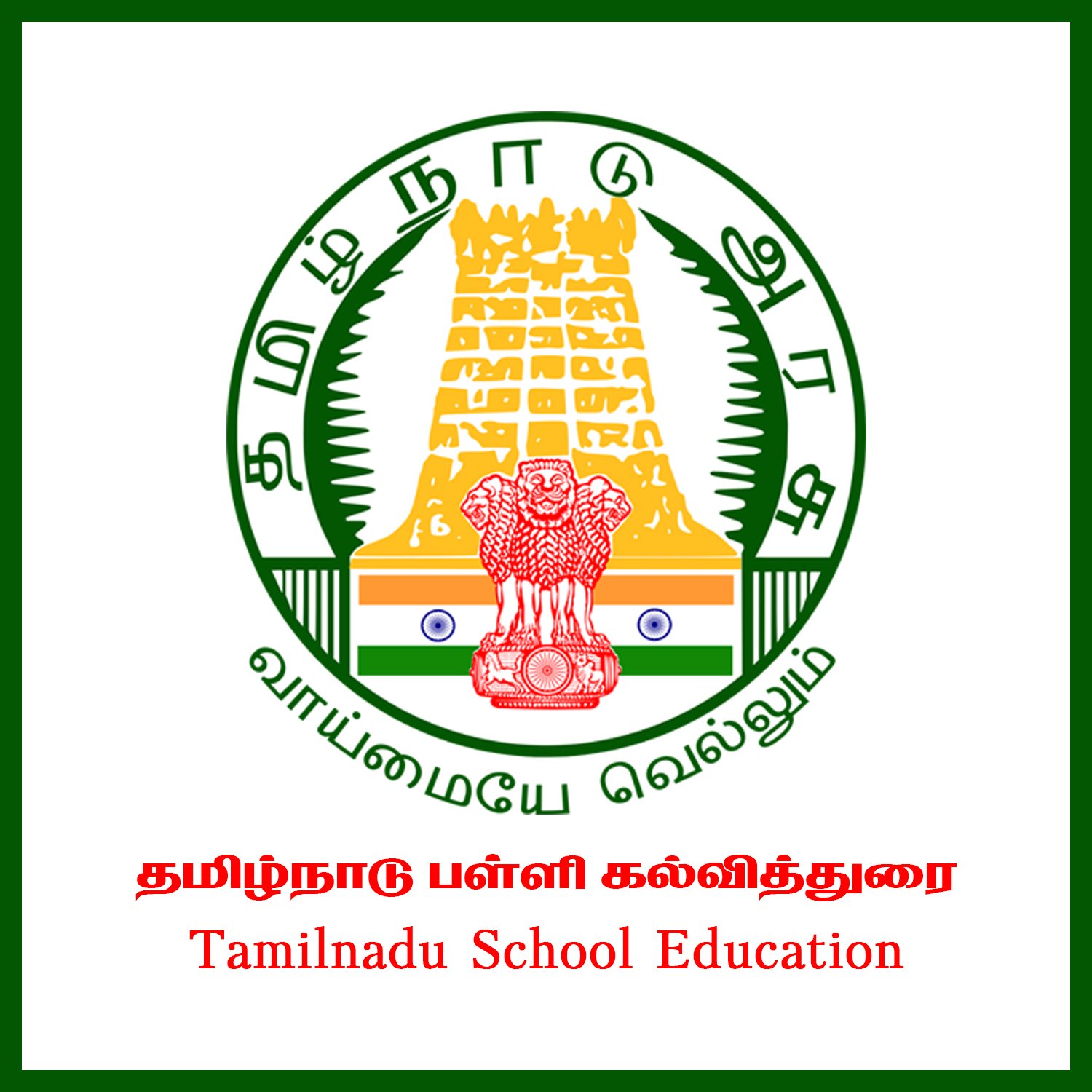

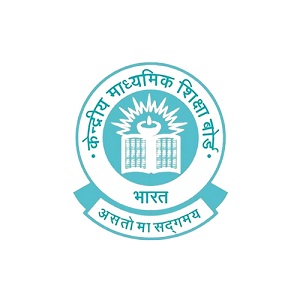
 12th Standard History Syllabus
12th Standard History Syllabus  12th Standard History Study Materials
12th Standard History Study Materials 12th Standard History MCQ Practise Tests
12th Standard History MCQ Practise Tests 

Reviews & Comments about 12th Standard English Medium History Reduced Syllabus Creative one Mark Question with Answerkey - 2021(Public Exam )
Write your Comment